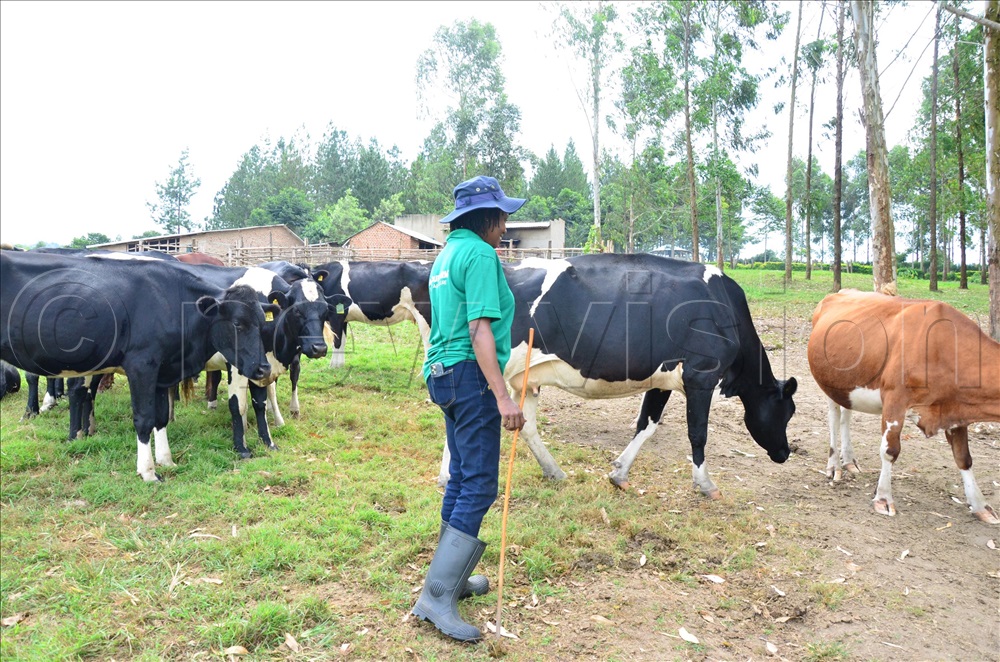By Umar Nsubuga
Hassan Kimera, a resident of Matugga in Wakiso says it is one week since his cow delivered but the afterbirth has not yet come out.
He asks how this affects his cow and what treatment he should give it.
Muhammad Kiyemba, a veterinary doctor says Kimera should not have waited for a whole week. When a cow delivers, the placenta (afterbirth) should drop within 12 hours.
“If a day later it has not dropped, the condition is called retained placenta. This requires veterinary attention,” he explains.

He says the placenta that fails to come out can decay and form a smelly discharge that spills out through the birth canal.
According to Kiyemba, the cow can also get a fatal fever as a result of infections from the retained placenta. Almost always, a cow that experiences a reattained placenta will take a long to conceive again.
“The milk yield might also be lower than expected. Each of these leads to a loss of money,” he adds.
Kiyemba says some medicines help the cow to expel the retained placenta. These drugs are supposed to be used by veterinary doctors only.
He explains that the vet may also treat the cow with antibiotics to control infections. Alternatively, the vet could put his hand into the uterus to detach the placenta very gently and carefully.
“If you are in a remote area where you have no access to a vet, tie a small stone weighing less than half a kilo to any piece of the placenta that is hanging out. This could gently pull the placenta out. However, this is risky as it might tear the uterus, especially if the weight is too much,” he explains.
You can prevent retained placenta by maintaining good hygiene and feeding. He says If more than 7% of your cows experience retained placenta, then there could be an underlying problem such as infectious diseases or a nutritional deficiency. Seek advice from a vet.
“But make sure it is not a false alarm. Sometimes dogs and cows eat the placenta before anybody notices,” he notes.





